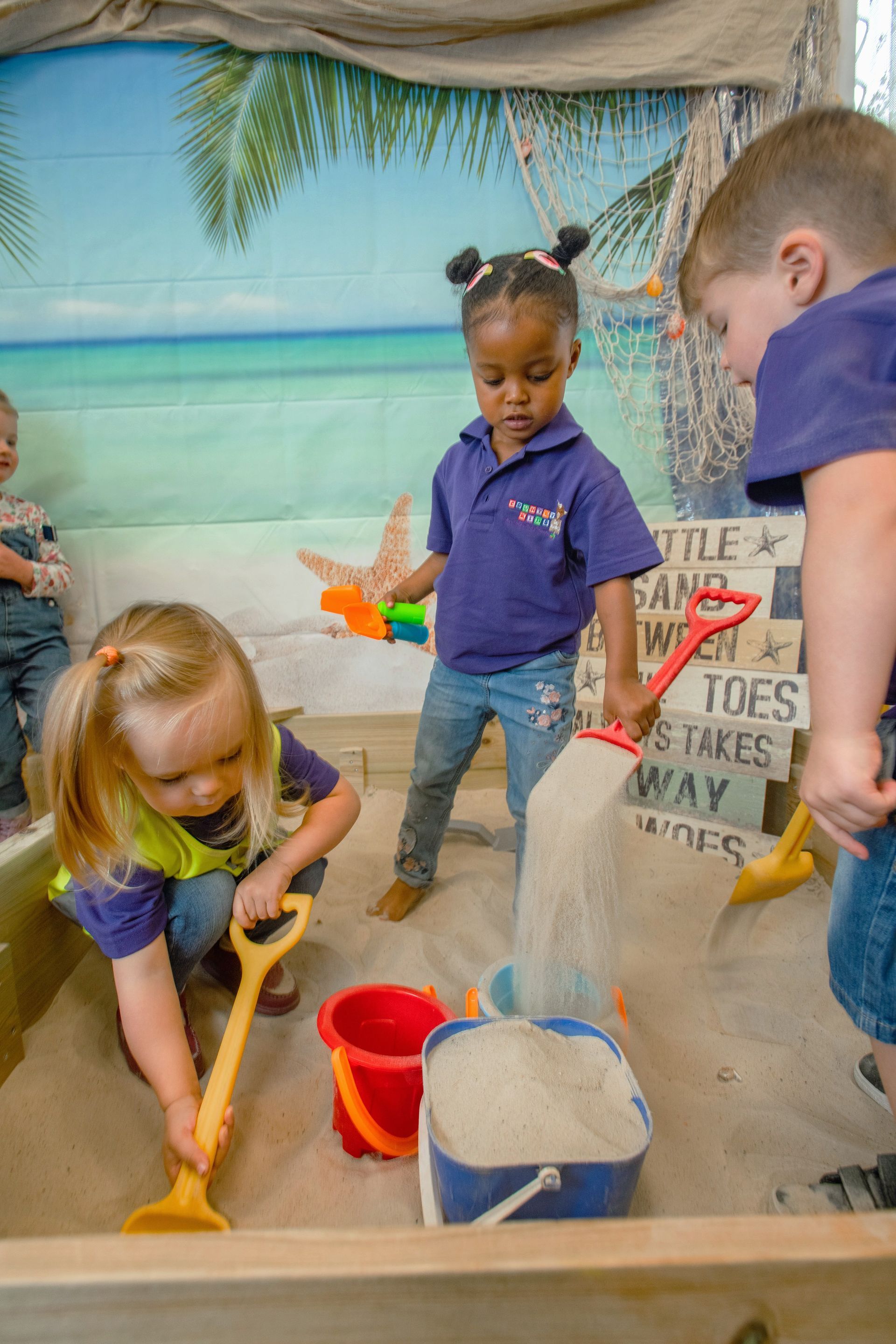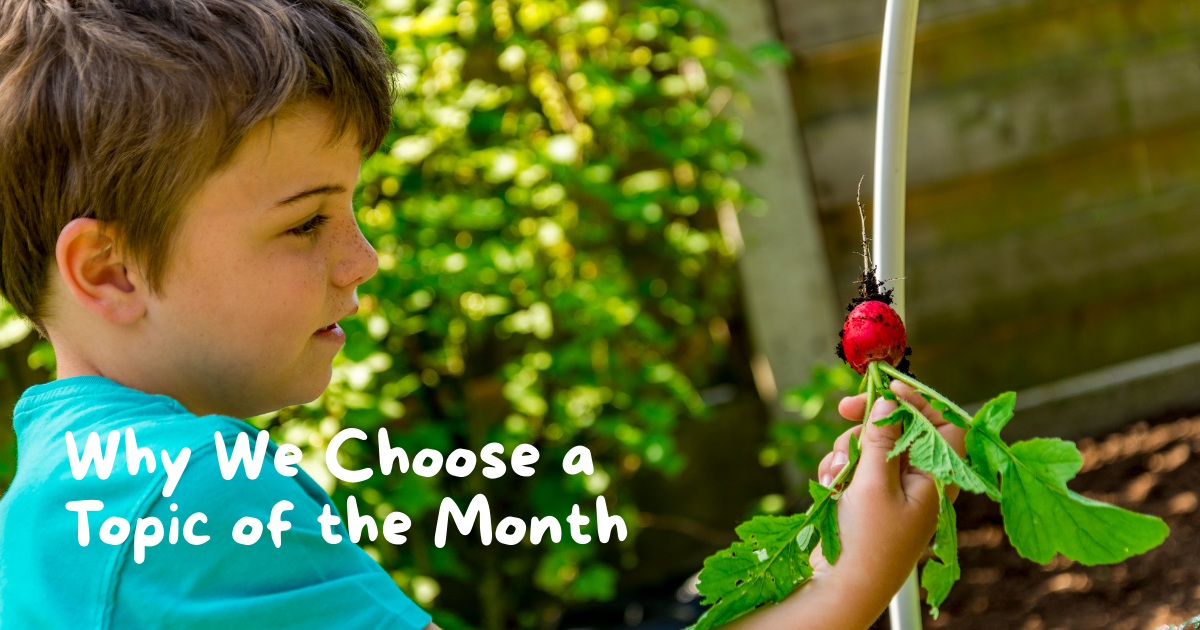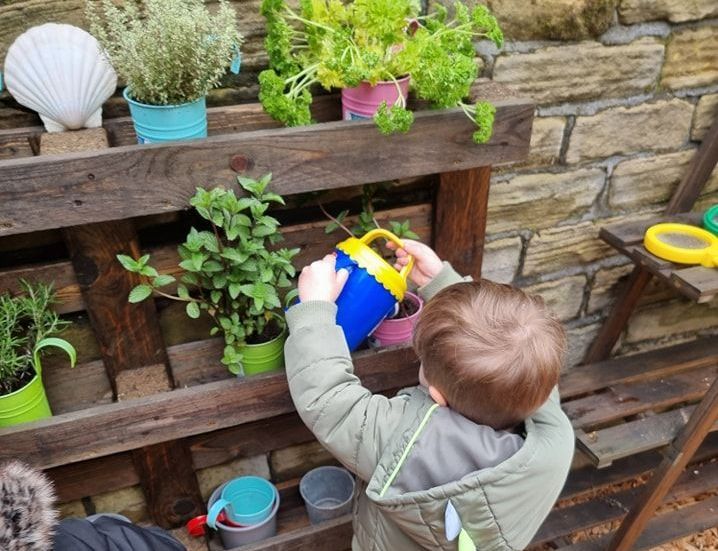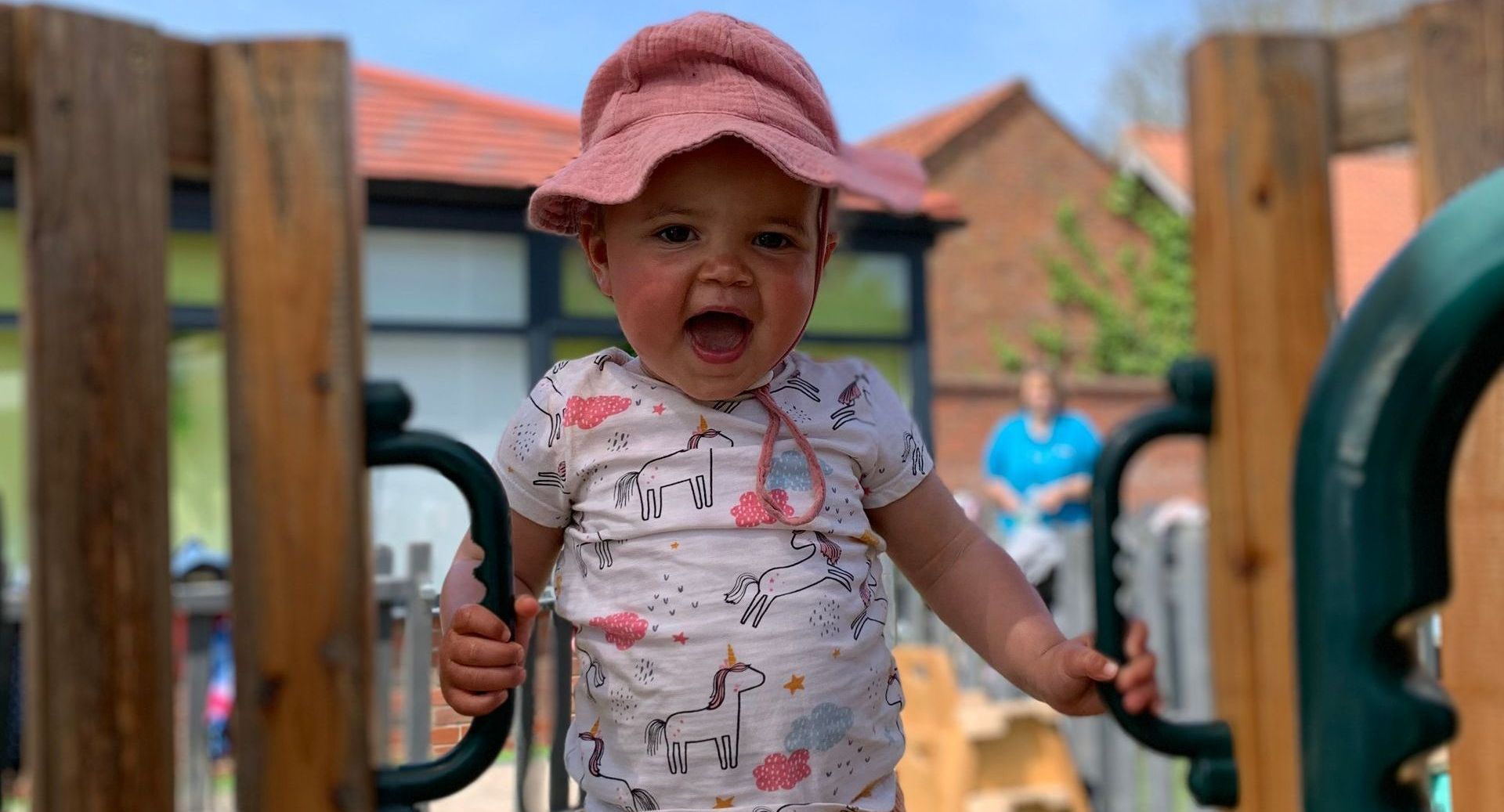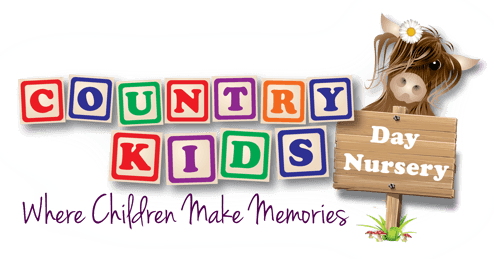
Christmas really is the most magical time of year, sparkling lights, precious family moments, cuddly mornings, late bedtimes, and lots of excitement! With all that festive fun, it’s completely natural for little routines to slip a bit (and that’s all part of the joy!). As we get ready to welcome your child back to Nursery, we are buzzing with excitement for a brand-new term filled with discovery, friendship, and comforting routine. To help your little one ease back in after the holidays, we’ve put together a few gentle tips that can make the transition smooth, happy, and confidence-boosting.
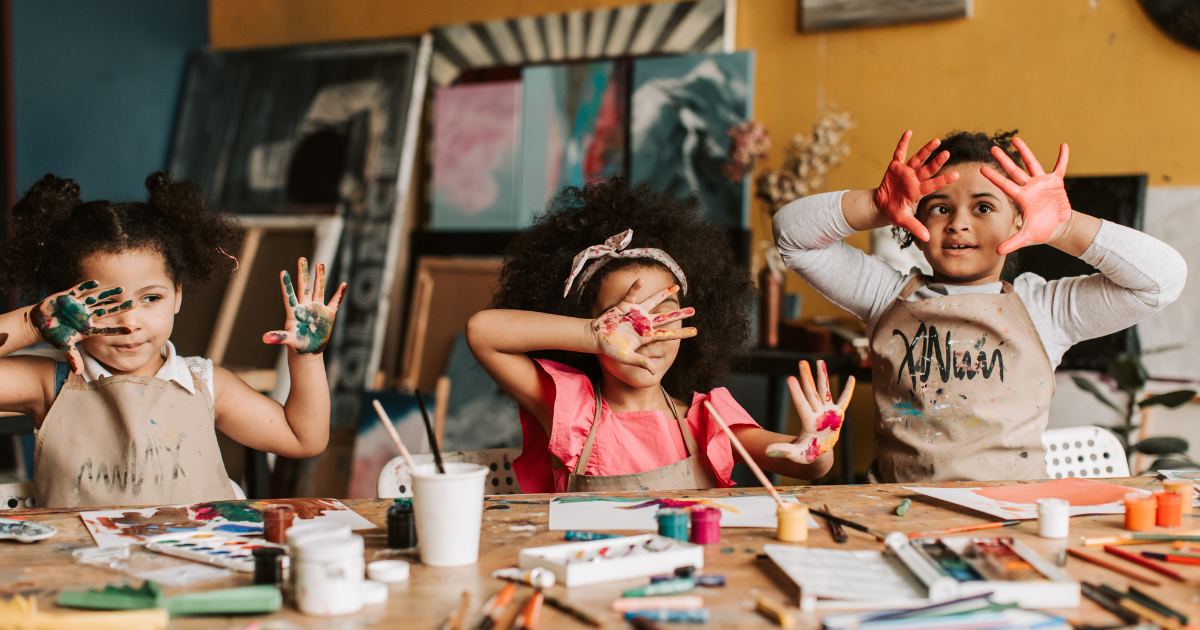
Family life is rewarding ... and busy. Between school runs, work commitments, and the general pace of the week, it can sometimes feel like there just aren’t enough hours in the day. At CK Club we’re here to lighten the load. We provide wrap-around and holiday childcare for children aged 3-11, offering a safe and supportive space for children to enjoy themselves, while parents take care of work and life.
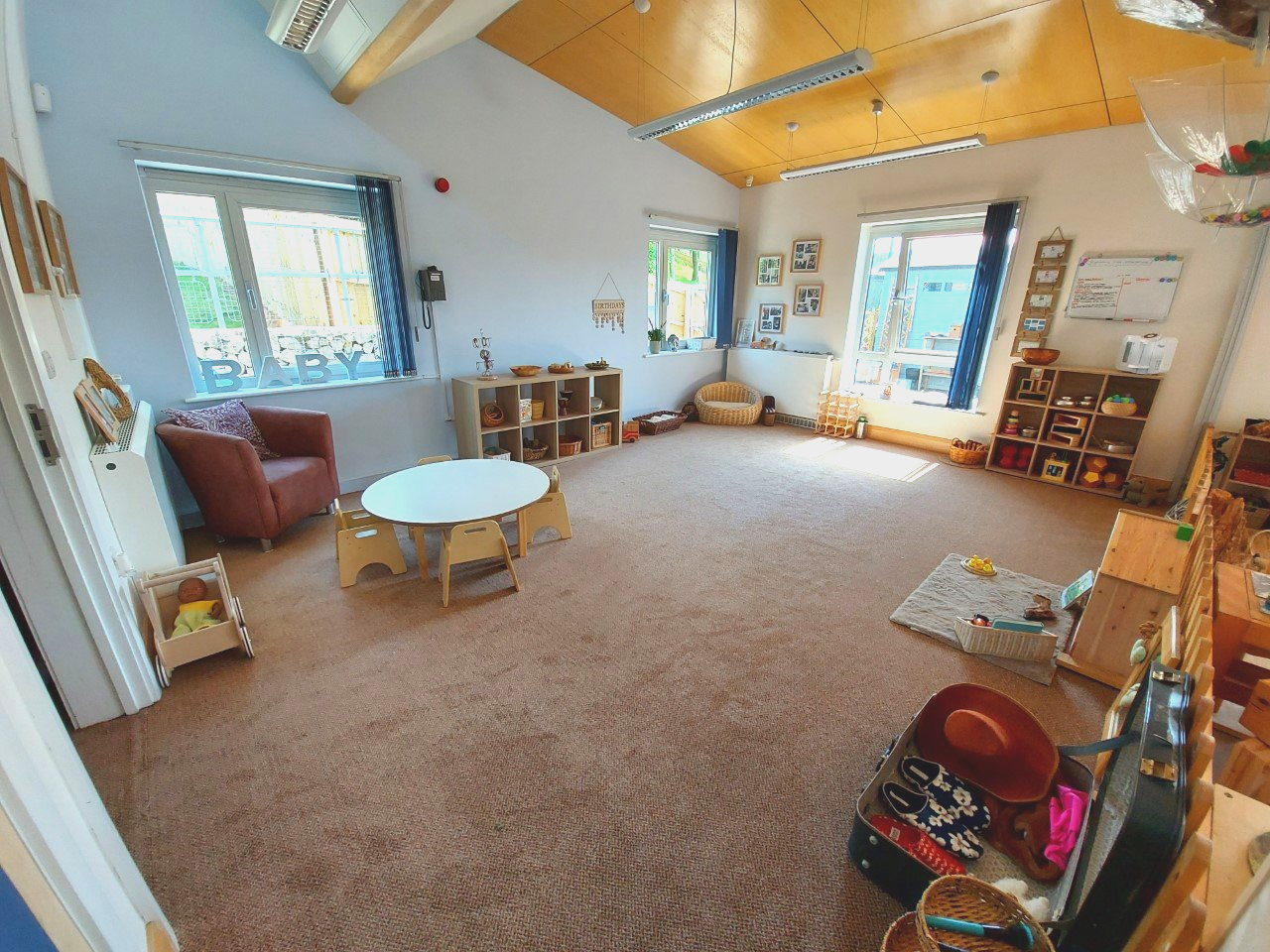
At Country Kids Day Nursery, we welcome babies from as young as 3 months old. We know that caring for younger babies is about so much more than bottles and nappies. It’s about creating trust, offering comfort, and providing a safe, loving space where every baby can thrive emotionally, physically and developmentally. We don’t treat babies as a group. Each child is cared for as an individual, with their own rhythm, routine and personality. Whether your baby is just beginning to roll or starting to babble, our baby rooms are set up to nurture them through each stage of their first year with warmth, care and expert support.
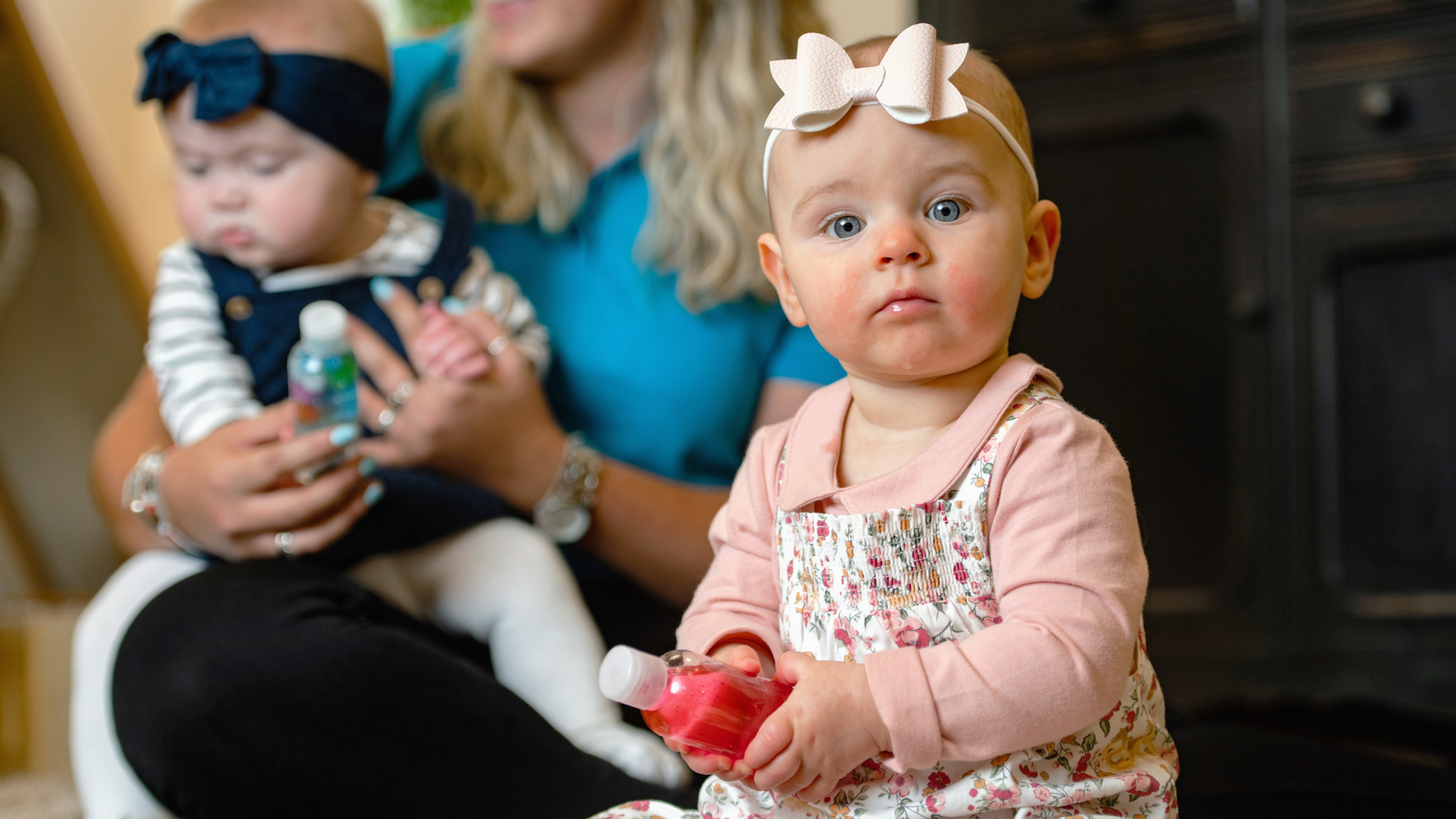
When you leave your little one in our care, we know you’re putting your trust in us and that’s something we never take lightly. At Country Kids Nursery, every decision we make is guided by one core priority, keeping your child/ren safe, supported and happy throughout their day with us. One of the most important ways we do that is by following the correct staff-to-child ratios in each of our rooms.
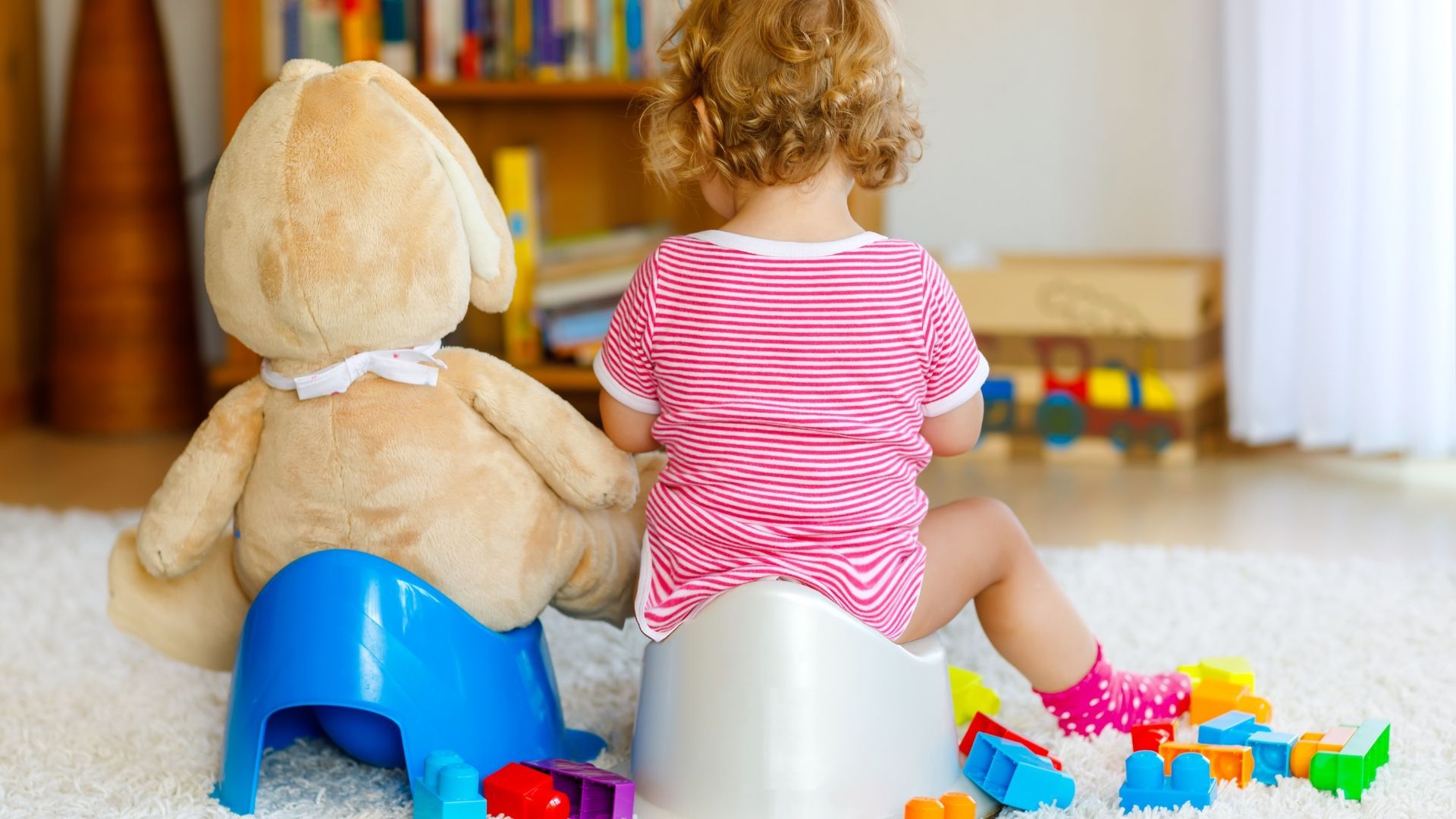
Toilet training isn’t always straightforward, and that’s okay. Every child takes this step in their own time, and here at Country Kids Nursery, we’re with you for the ups, the accidents, and everything in between. Whether your child is curious about the potty or confidently running to the toilet, our team is here to support your family every step of the way. We believe toilet training is a team effort – and it works best when we’re working closely with you.
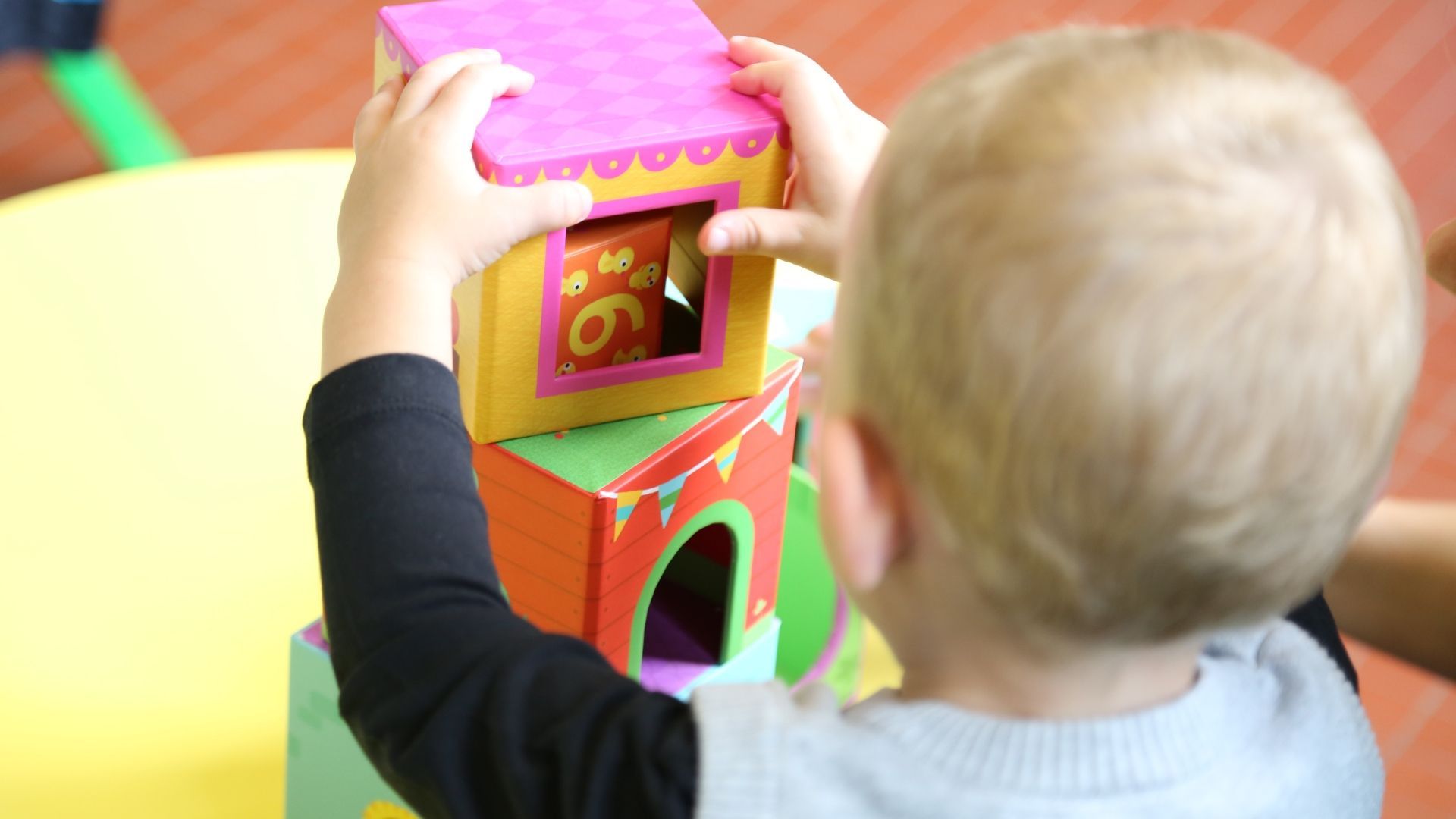
At Country Kids Day Nurseries, your child’s safety and wellbeing are our top priority. With over 80% of our team being parents themselves, we deeply understand how important it is for you to feel completely confident leaving your child in someone else’s care. That’s why our nurseries are more than just places to learn and play, they are nurturing, secure environments where every child is cared for, protected, and supported through every stage of their development.
